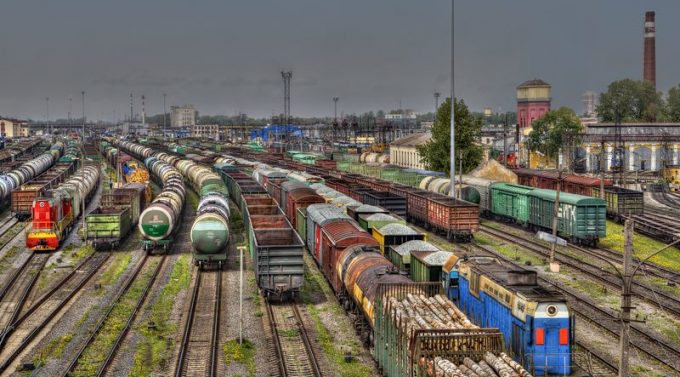Replacing 25,000 truck journeys with a 500km conveyor belt – might work in Japan
Japan is hatching a new plan for a so-called ‘autoflow road’, replacing truck traffic with ...

Transit corridors across Europe and Asia continue to expand, with Russian Railways boosting links to Japan and Eurasian Rail Alliance aiming for a 1m teu increase by 2024.
The launch of the Trans-Siberian Landbridge for expedited services between Japan and Europe via Russia’s far east was announced by the state carrier and Fesco Transport Group.
A test container left Yokohama station yesterday and is expected to arrive in 18 days, more than halving ocean shipment times of 45 days via Suez.
First deputy ...
Maersk Air Cargo sees volumes fall as it aims for 'margin in favour of revenue'
Keep our news independent, by supporting The Loadstar
Container spot rates diverge: to Europe still falling, but firmer to the US
Hapag-Lloyd won't take bookings if port congestion leaves cargo stranded
Ecommerce likely the front-runner in resurge of transpacific trade after deal
Airfreight players eye new routes as demand on the transpacific nosedives
China-US trade tariff pause could drive a rebound for transpacific rates
Service chaos from trade ban with India a problem for Pakistan shippers
Airfreight rates ex-China 'loss-making', but hopes of a trade deal stay high
Indian coastal freight attracts major carriers, but regional tension disrupts
Serious threat to jobs in US logistics as tariffs cause economic 'stagflation'
APMM floats along on 'solid' Q1 profitability in Ocean, well prepared for choppy water

Comment on this article